Campaigners for female bishops are optimistic that the latest effort to bring women into the episcopate will find favour with the Church of England general synod when it meets in London this week, heralding a possible end to two decades of bitter and damaging conflict.
The church has been under public and political pressure to introduce female bishops since the synod rejected previous legislation by just six votes almost exactly a year ago. Its failure to resolve the issue was described by the church's most senior civil servant as a "train crash", while David Cameron warned that the church needed "to get on with it".
The latest proposals – produced by a 15-strong steering committee which included five synod members who voted against last November's legislation – appear to have won widespread acceptance even among some groups that firmly opposed previous moves.
Among the new recommendations, which have been praised for their clarity and brevity, is the creation of an NHS-style ombudsman who would be able to rule on any complaints from traditionalists who are against women bishops. If the package is approved by the synod on Wednesday and a draft declaration is endorsed at next February's meeting, final approval for women to become Church of England bishops could be given in November 2014.
Christina Rees, a member of the archbishops' council and a prominent campaigner for female bishops, said: "I'm feeling incredibly optimistic. Almost a year ago to the day – on 20 November – we had the disastrous debate that ended with the legislation missing by six votes. That was a real low point." Rees said that the steering group's report showed the church was growing less divided on the issue after years of infighting.
"I'm more hopeful than I've been in quite some time because to me there is a different tone in the report from the steering committee," she said. "There is the sense that for the first time, genuinely, we're all in this together and that we can and we will find a way forward."
Rees said she was also encouraged by last week's statement from the Anglo-Catholic group Forward in Faith, in which it urged its members to back the new plans. "Though these proposals are still far from what we have long said would be ideal, we believe that they may have the potential to provide workable arrangements for the future," said its chair, the Rt Rev Jonathan Baker, bishop of Fulham.
While acknowledging that some of the group's members would ultimately find themselves unable to vote in favour of female bishops should the synod take a final vote on the matter in a year's time, he said the proposals nonetheless held out "the possibility of bringing to a conclusion a process that for too long has been a distraction from the church's mission".
The Rev Anne Stevens, a member of Women and the Church (Watch), which campaigns for female bishops, told BBC Radio 4's Sunday programme that she was also confident the new plans would break the impasse. "Everybody was looking to find a way through the wreckage of last November's vote in the general synod and it does seem that because of the work that's been done in the last 12 months that we have come up now with a set of proposals that the vast majority of people will be able to live with," she said.
Others were more cautious. Susie Leafe, director of the conservative evangelical group Reform, who was part of the steering committee but abstained from commending its report to the synod, said it remained to be seen how workable the new recommendations would be when they came before the synod.
"Just as Forward in Faith have reservations – and there are some important things they need to have dealt with before they'll be able to sign up wholeheartedly to these propositions – so [does] Reform," she said. "But we're going there to listen to what people are saying and to discover whether there is a way forward."
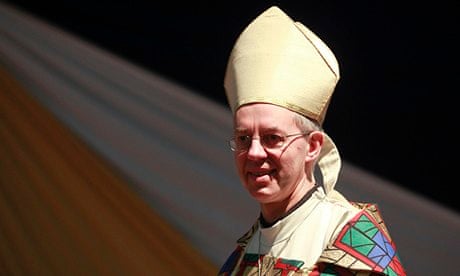
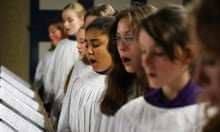
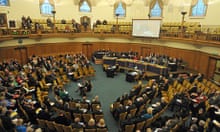
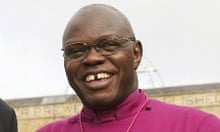
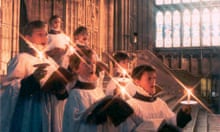
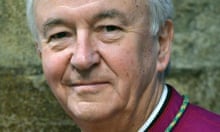
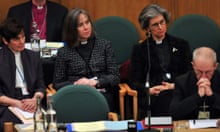

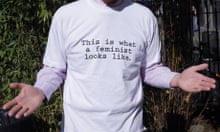
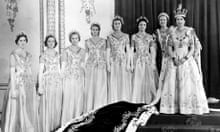

Comments (…)
Sign in or create your Guardian account to join the discussion